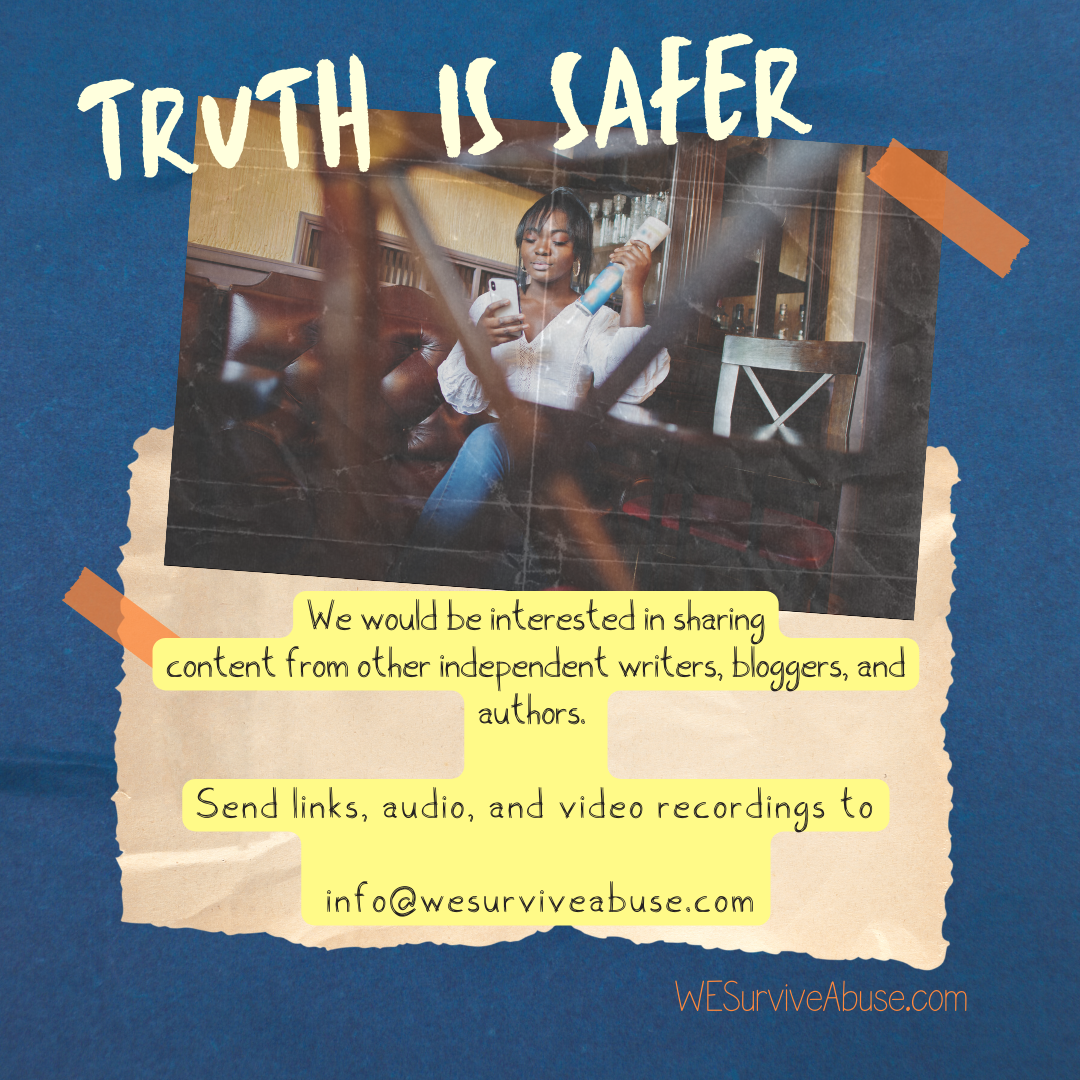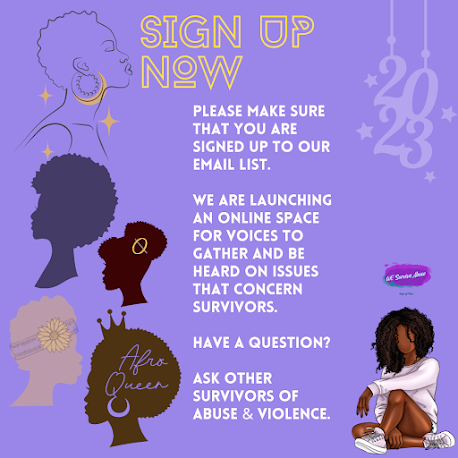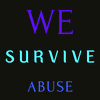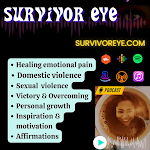Kyana always felt compelled to be seen as "kind and non-intimidating". The higher she climbed in her position at her company the m...
She had been admonished to "be kind" since she was a young girl. Young girls were to be nice, sweet, accommodating and kind.
There was a collision in Kyana's life. She was a leader in her field and in her community. She was always kind, but like all leaders she was learning that 'kindness' was very subjective and not as black and white as she had been raised to believe.
On top of that, she continued to face both blatant and subtle calls to be the good "kind" girl that makes everyone else comfortable from family.
Whenever that did not serve her, and Kyana spoke up, someone was there to push her to "be kinder". Something had to give. It was her therapist who suggested that she join a support group. She was not sure that this would work but she was willing to try.
She needed to feel better than this.
Support groups for abuse survivors serve as a safe and empowering space for individuals who have endured power inequality in their lives. Especially when that power inequality was used to harm, abuse or violate them in some way.
Bringing women and girls together in a healing circle can be a life transformative and healing experience for members. These groups aim to meet the unique and complex needs of Survivors by fostering community, acceptance, and understanding.
Here's how support groups can assist in addressing power inequality:
1. Shared experiences: Support groups bring together individuals who have undergone similar forms of abuse. This can make it easier for them to relate to each other's stories and experiences.
It is this shared understanding that helps to reduce the feelings of isolation and shame that Survivors often encounter. It helps people like Kyana to recognize that they are not alone and that their experiences are valid.
There are other women there who were told similar things as girls. In fact, it is a common admonishment for girls around the entire world. Kyana can come to understand that she is not alone.
There was never anything wrong with her being strong, a go-getter, determined, and smart. People were wrong to teach her that little girls "don't say no." Other girls and women too have been told to "quiet down" and "be kind" rather than speak their minds.
THIS allows Survivors to regain their sense of empowerment.
Note: Groups that are specifically for marginalized groups to be heard should be supported. Race, ethnicity, religion, age groups, locations, lesbian/bisexual, parental status, etc...are all small group identifiers who may find unique experiences in common around their traumatic experiences.
Groups like Alcoholics Anonymous and Narcotics Anonymous have done well in understanding and accommodating these unique healing needs.
2. Non-judgmental environment: Support groups provide a non-judgmental and empathetic environment where Survivors can freely express themselves without fear of blame or ridicule.
This type of setting allows for open and honest discussions about the abuse they have endured, offering Survivors the space to validate their own feelings and experiences.
3. Equal participation: In support groups, facilitators strive to establish an atmosphere of equality where each member's voice is equally heard and valued.
This is crucial in combating power inequality, as Survivors often feel disempowered due to their past experiences. Encouraging equal participation enables individuals to develop a sense of agency, rebuilding their self-esteem and confidence.
4. Peer support and validation: During group sessions, Survivors have the opportunity to engage in peer support, where they can offer
- advice,
- learn from others' coping strategies, and
- validate each other's experiences. Especially when their unique identities or living situations complicates the healing process. For many women, cultural background plays a heavy role in their healing but can also set up obstacles. The same with other aspects of their existence or being.
Support is essential in challenging the power dynamics Survivors have faced throughout their lives. By sharing their personal triumphs and setbacks, Survivors can inspire others, reinforcing the belief that they have the strength to overcome their past and reclaim their power.
5. Skill-building: Support groups also focus on equipping Survivors with practical skills and tools to navigate their healing journey. For example, educational sessions may be offered on
- coping mechanisms,
- trauma management,
- boundary-setting,
- and self-care practices.
By providing survivors with these skills, support groups empower individuals to take control of their own healing process, gradually reducing the power imbalance they previously experienced.
Support groups serve as a platform for abuse Survivors to:
- heal,
- recover,
- and regain a sense of personal power through shared experiences,
- a non-judgmental environment,
- equal participation,
- peer support,
- and skill-building.
By directly addressing power inequality, these groups play a vital role in helping survivors overcome the impact of abuse and reclaim their lives.
Kyana was born into a world that puts too little effort into ending violence against women and girls. The very least that we can do is provide healing spaces for women and girls so that they can grow stronger and help themselves.
Women Will Not Wait for Your Permission to Tell Our Own Stories | WE Survive Abuse
The Numbers Do Not Lie, So Stop Asking Women to Accept Less Safety | WE Survive Abuse
Calling Out Blame: 25 Ways Society Enforces Victim-Blaming (FREE flipbook) | WE Survive Abuse
Survivor Spotlight: Katrina Cooke Brownlee | WE Survive Abuse





.png)







.png)
.png)
.png)

















